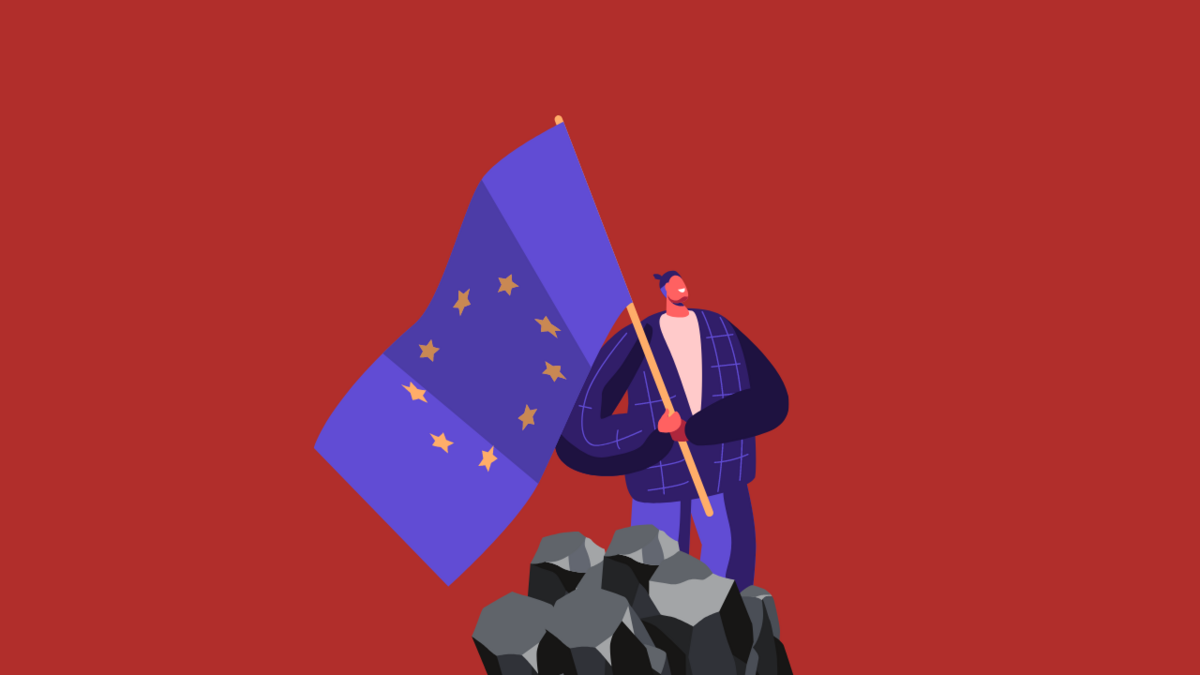Carbon Tax Time

Hi ZipLawyer! I'm Ludo Lugnani and this is ZipLaw: an independent newsletter covering the best commercial and legal news from the day. We explain how each story impacts law firms and their clients so that you can stand out in interviews and applications.
Today's newsletter is a ~7 min read:
- 🇪🇺 Carbon Tax Time: What is the new EU Carbon Border Tax?
- ➕ Plus: Banks earn more fees in India, SBF extradited to the US, mortgage guarantee extended, and EU agrees on the gas-price cap.
🤿 Deep Dive
Carbon Tax Time
In brief:
- The EU is introducing a new tax on goods that are produced with high carbon dioxide emissions.
- The EU’s main trading partners say it will expose their industries to unfair competition.
Making Tax History
EU member states have reached a deal on the world’s first major carbon border tax. The agreements will lead to the introduction of the Carbon Border Adjustment Mechanism (CBAM), a tool that will force foreign importers to cover the cost of their carbon emissions.
The idea is that producers importing carbon-intensive products into the bloc will have to buy permits to account for the difference between their domestic carbon price and the price being paid by EU producers. A ton of carbon on the EU's Emissions Trading System currently costs just over €87 but other countries like the US have no national carbon price.
The system will be applied at first to iron and steel, cement, fertilisers, aluminium, electricity, hydrogen and some chemicals.
A good deal for Europe?
It is easy to see why CBAM is so attractive for Europe. The continent’s companies pay a high price for CO₂ they emit above key thresholds. That encourages them to adopt clean technologies. But it also adds to the cost of goods produced in Europe, adding around 20% to each ton of domestically-produced steel.
The CBAM is designed to tax imports of steel and other carbon-intensive products, mirroring European production costs. That should stop so-called carbon leakage, where production moves to countries with less strict requirements and both production and employment in Europe take a hit.
Unfair competition?
However, not everyone is a fan of the CBAM deal. In fact, the EU’s main trading partners, say it will expose their industries to unfair competition.
The US and South Africa have said the CBAM will unfairly penalise their manufacturers, which may now face a wave of cheap imports from companies that are unwilling to pay the EU charge and instead export their goods elsewhere.
The duty is not expected to apply to countries which have their own Europe-aligned carbon tax. That makes the CBAM a useful tool to force trading partners into adopting their own CO₂ pricing system.
How does this impact law firms?
Subscribe to ZipLaw+ to read the rest.
Become a paying subscriber of ZipLaw+ to get access to this post and other subscriber-only content. Upgrade
A subscription gets you:
✓ Exclusive Newsletters with my best stories to discuss in interviews and applications
✓ Unlimited Access to ZipTracker Database
✓ No ads
✓ Support what we do and keep us going!






